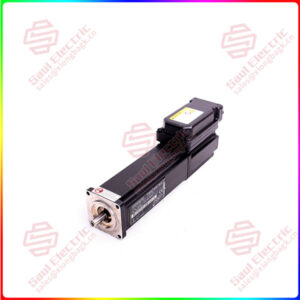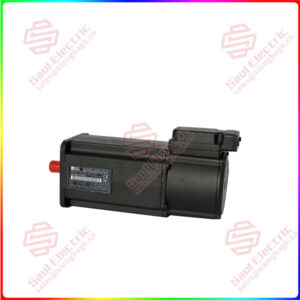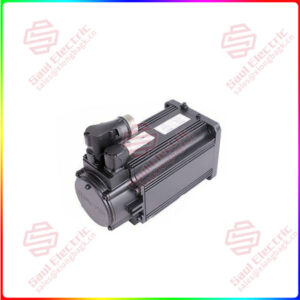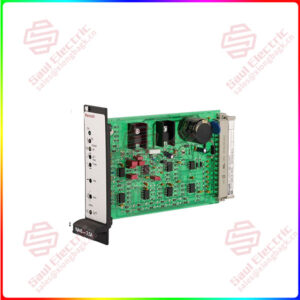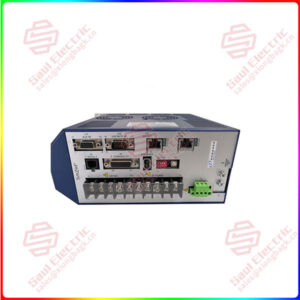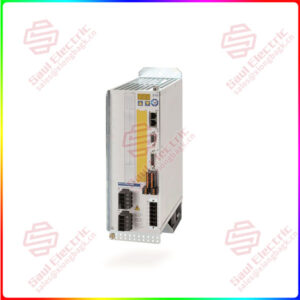Description
Overview
Essential details:MAF160C-0200-FQ-S2-EH0-05-N1 MAF Induction Motors Series
lf you need to inquire or purchase ,please send the product models to my email or call medirectly .
sunny He
[Email] sales@saulcontrol.com
[Mobile] 86-18059884797
[WhatsApp] 86-18059884797
[Skype] sales@saulcontrol.com
MAF160C-0200-FQ-S2-EH0-05-N1 MAF Induction Motors Series
The main difference between induction motor and DC motor is reflected in the following aspects:
Working principle: The working principle of the induction motor is based on the principle of electromagnetic induction, which uses the change of the magnetic field to induce the induced electromotive force in the winding to convert electrical energy into mechanical energy. The direct current motor converts electrical energy into mechanical energy through the force of the current in the magnetic field.
Power supply: A DC motor requires a stable DC power supply to provide electrical energy, usually provided by a battery or a DC generator. Induction motors require only one AC power source because they already contain converters that can convert alternating current into direct current.
Control mode: The speed of DC motor can be achieved by adjusting the power supply voltage or controlling the armature current, so its control is relatively simple. The speed of the induction motor needs to be realized by adjusting the voltage and frequency transmitted to the motor, or by using equipment such as frequency converter to control, so its control is relatively complex.
Efficiency: The efficiency of the induction motor is usually higher than that of the DC motor, because the energy conversion efficiency of the induction motor is higher, and its structure is simple, durable, and has the advantages of easy installation and simple maintenance.
Application: DC motors have advantages in applications requiring high torque and low speed, such as trams, machine tools, etc. Induction motors are more common in applications requiring high speed and low torque, such as air conditioners, washing machines and other home appliances.
In summary, there are significant differences between induction motor and DC motor in working principle, power supply, control mode, efficiency and application range. In practical applications, it is necessary to choose the appropriate motor type according to the specific needs.

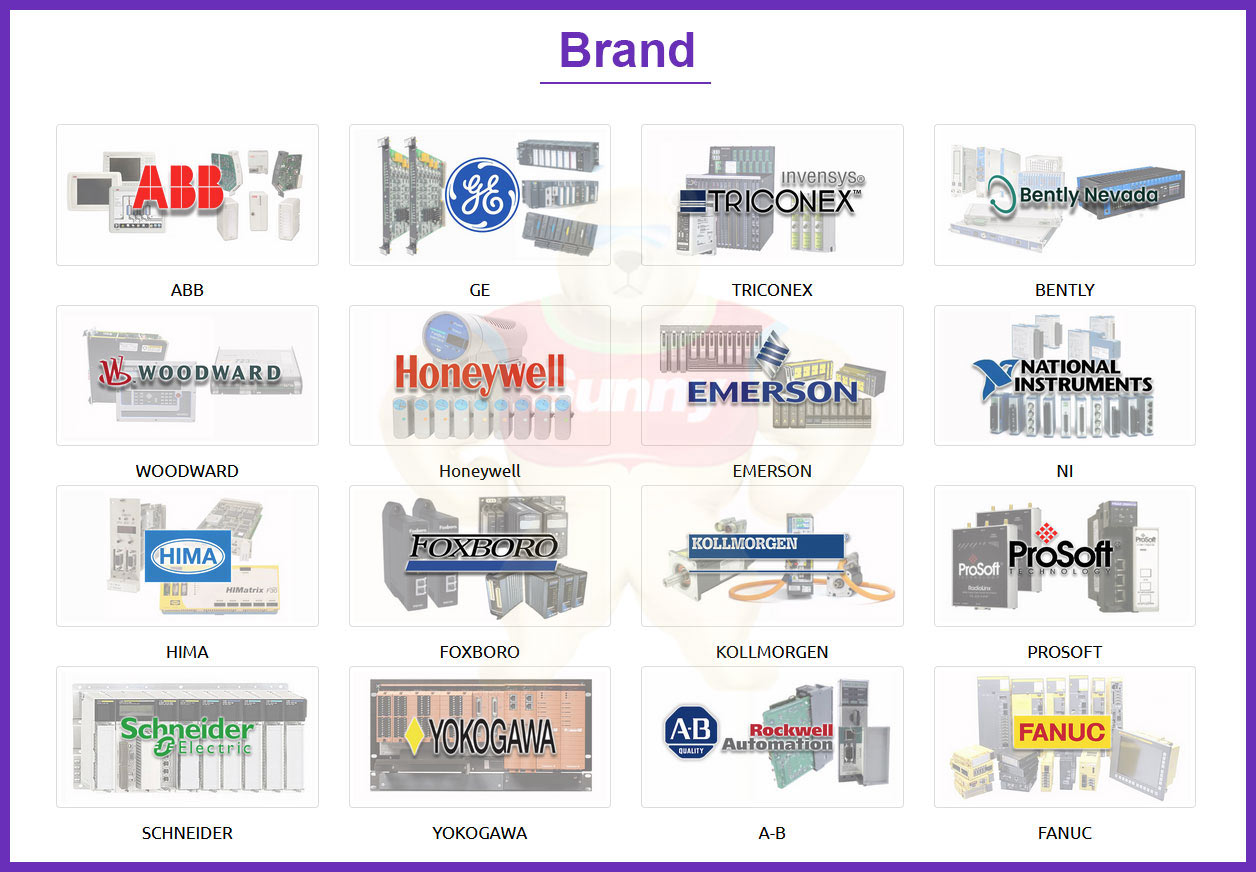
 1 Year Warranty
1 Year Warranty

